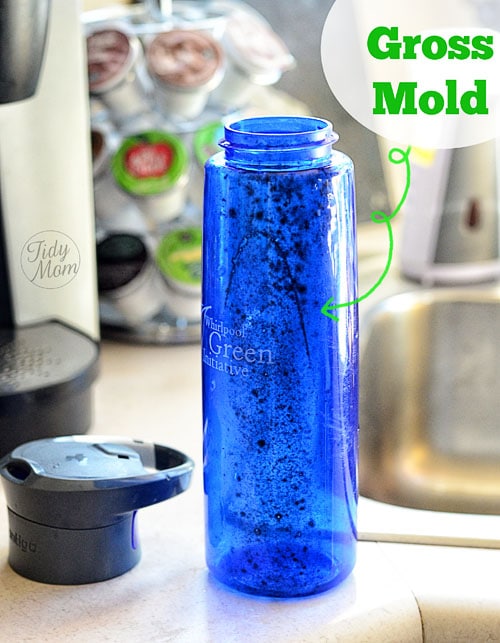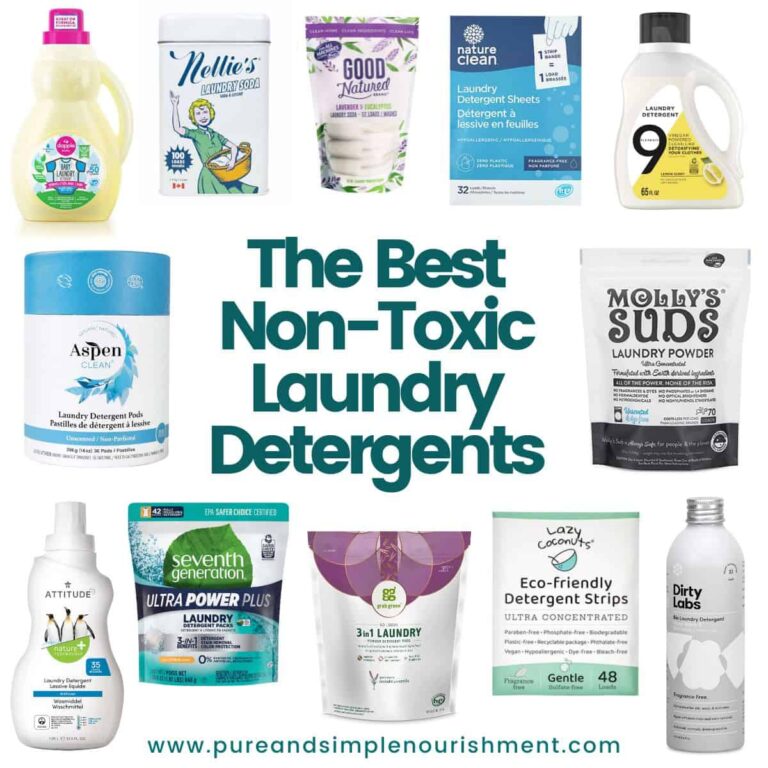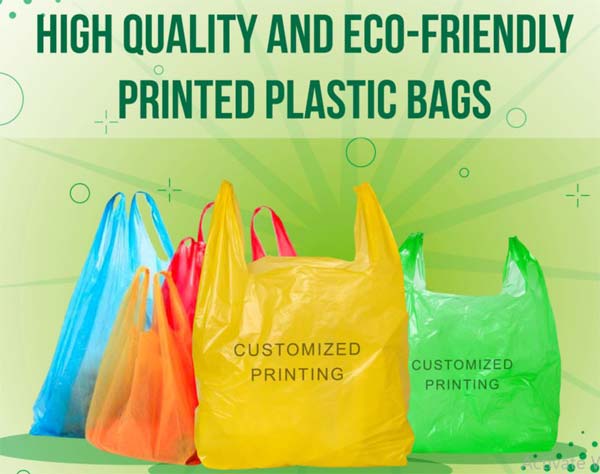Best Ingredients For Eco-Friendly Degreaser Formulation
Today we discuss Eco-Friendly Degreaser Formulation. Looking for a solution to grease build-up while also being mindful of the environment? Look no further! In this blog article, we will dive into the formulation ingredients for environmentally friendly degreasers.
These powerful yet eco-conscious products are designed to effectively tackle tough grease and grime without causing harm to our planet. Join us as we explore the key ingredients that make up these green degreasers, providing a sustainable solution to your cleaning needs.
Formulation Ingredients for Environmentally Friendly Degreaser
The Importance of Environmentally Friendly Degreasers
Environmentally friendly degreasers play a vital role in maintaining a sustainable and eco-conscious approach to cleaning. Traditional degreasers often contain harmful chemicals that can have detrimental effects on the environment, human health, and water sources.
By opting for environmentally friendly alternatives, we can reduce our carbon footprint and minimize pollution. In this article, we will explore the formulation ingredients that make these degreasers effective, safe, and eco-friendly.
Natural Solvents: A Key Ingredient
One of the crucial components of environmentally friendly degreasers is natural solvents. Unlike their synthetic counterparts, natural solvents are biodegradable, non-toxic, and derived from renewable resources. Some commonly used natural solvents include:
Citrus Extracts
Citrus extracts, such as limonene and d-limonene, are derived from citrus fruits like oranges, lemons, and grapefruits. These extracts possess excellent degreasing properties and are highly effective in removing oil and grease stains. Additionally, they have a pleasant citrus aroma that adds a refreshing scent to the degreaser.
Plant-Based Oils
Plant-based oils, including soybean oil, coconut oil, and corn oil, are another sustainable option for degreaser formulations. These oils contain fatty acids that break down grease and grime effectively. Additionally, they are biodegradable, renewable, and safe for the environment.
Surfactants for Enhanced Cleaning Power
Surfactants are essential ingredients that enable degreasers to emulsify and remove oils and grease from surfaces. However, it’s crucial to choose surfactants that are biodegradable and environmentally friendly. Some examples include:
Alkyl Polyglucosides
Alkyl polyglucosides (APGs) are derived from renewable resources, such as corn, potato, or wheat starch, and fatty alcohols. These surfactants are mild, non-irritating, and readily biodegradable, making them a sustainable choice for environmentally friendly degreasers.
Biosurfactants
Biosurfactants are surface-active agents derived from microbial sources like bacteria, yeast, and fungi. They offer excellent cleaning power while being biodegradable and non-toxic. Biosurfactants are particularly useful for cleaning up oil spills and industrial grease.
Enzymes: Natural Cleaning Powerhouses
Enzymes are nature’s cleaning powerhouses and can tackle even the toughest grease and oil stains. They break down complex organic molecules into simpler forms, making them an excellent addition to environmentally friendly degreasers. Some common enzymes used in degreaser formulations include:
Protease
Protease is an enzyme that breaks down protein-based stains. In degreasers, it helps remove tough grease and oil residues from various surfaces. Protease is biodegradable and environmentally friendly, making it an ideal choice for eco-conscious cleaning.
Lipase
Lipase is an enzyme that targets lipid-based stains, such as oils and fats. Adding lipase to degreasers enhances their ability to break down and remove stubborn grease from different surfaces. Like other enzymes, lipase is biodegradable and safe for the environment.
pH Adjusters for Optimal Performance
pH adjusters are ingredients that help optimize the performance of degreasers by adjusting their pH levels. Keeping the pH within an appropriate range ensures that the formulation works efficiently, breaking down grease and grime effectively. Some common pH adjusters used in environmentally friendly degreasers are:
Citric Acid
Citric acid is a natural pH adjuster derived from citrus fruits. It is a safe and eco-friendly alternative to synthetic acids used in traditional degreasers. Citric acid not only helps adjust the pH but also acts as a chelating agent, aiding in the removal of mineral deposits.
Sodium Bicarbonate
Sodium bicarbonate, also known as baking soda, is a versatile ingredient used in various cleaning applications. It acts as a pH adjuster in degreasers, providing alkalinity when required. Sodium bicarbonate is safe, non-toxic, and readily available, making it an excellent choice for environmentally friendly formulations.
Preservatives: Keeping Degreasers Safe and Stable
Preservatives are crucial in degreaser formulations to prevent the growth of bacteria, molds, and fungi, ensuring product safety and stability. When choosing preservatives for environmentally friendly degreasers, it is important to select those that are non-toxic, biodegradable, and have minimal impact on the environment. Some examples include:
Phenoxyethanol
Phenoxyethanol is a biodegradable and low-toxicity preservative commonly used in eco-friendly formulations. It provides broad-spectrum antimicrobial activity, effectively preventing microbial growth in degreasers.
Vitamin E
Vitamin E, also known as tocopherol, is a natural antioxidant with mild preservative properties. It helps extend the shelf life of environmentally friendly degreasers while keeping them safe for use.
Fragrances: An Added Touch
While not essential for the cleaning performance, fragrances can enhance the user experience and leave a pleasant scent after cleaning. When selecting fragrances for environmentally friendly degreasers, it is crucial to choose those derived from natural sources or certified as eco-friendly. Some options include:
Essential Oils
Essential oils, derived from plants, offer a wide range of pleasant fragrances and additional benefits. They can provide antimicrobial properties, mask odors, and contribute to a soothing cleaning experience. Examples of commonly used essential oils include lavender, lemon, and peppermint.
Natural Fragrance Blends
Natural fragrance blends are carefully formulated combinations of plant-derived essential oils and extracts. They provide unique scents that can make the cleaning process more enjoyable without compromising the product’s eco-friendliness.
Choosing environmentally friendly degreasers with the right formulation ingredients is essential for effective and sustainable cleaning. The use of natural solvents, biodegradable surfactants, enzymes, pH adjusters, safe preservatives, and eco-friendly fragrances ensures that the degreasers not only clean efficiently but also minimize their impact on the environment. By opting for these formulations, we can contribute to a greener future while maintaining cleanliness and hygiene in our homes and workplaces.
Frequently Asked Questions
What are the key ingredients used in environmentally friendly degreasers?
The key ingredients used in environmentally friendly degreasers are typically biodegradable surfactants, such as plant-based or renewable resources, which help to remove grease and grime effectively. Additionally, natural solvents derived from citrus fruits or corn can be used to enhance the degreasing power. These ingredients are non-toxic and do not harm the environment or human health.
Are environmentally friendly degreasers free from harmful chemicals?
Yes, environmentally friendly degreasers are formulated to be free from harmful chemicals such as chlorine, phosphates, and petroleum-based solvents. They are designed to provide an effective cleaning solution while minimizing the negative impact on the environment and maintaining user safety.
Can environmentally friendly degreasers be used on all surfaces?
Most environmentally friendly degreasers are versatile and can be safely used on various surfaces such as metal, glass, tile, plastic, and painted surfaces. However, it is recommended to test the degreaser on a small, inconspicuous area first to ensure compatibility and avoid any potential damage.
Do environmentally friendly degreasers have a strong odor?
No, one of the advantages of using environmentally friendly degreasers is that they typically have a mild or pleasant scent. Unlike traditional degreasers that often have harsh chemical odors, these environmentally friendly alternatives are formulated to be more pleasant to use without compromising on their cleaning power.
Are environmentally friendly degreasers safe to use around pets and children?
Yes, environmentally friendly degreasers are generally safe to use around pets and children. They are formulated to be non-toxic and do not contain harmful chemicals, making them a safer choice for households with kids and pets. However, it is always advisable to follow the instructions on the product label and keep the degreaser out of reach of children and pets.
How do environmentally friendly degreasers compare to traditional degreasers in terms of effectiveness?
Environmentally friendly degreasers are designed to be equally effective as traditional degreasers but with the added benefit of being environmentally conscious. They can efficiently remove grease and grime from various surfaces without compromising on their cleaning power. Additionally, these degreasers often have the advantage of being safer to use and having a lesser impact on the environment.
Are there any precautions to consider when using environmentally friendly degreasers?
While environmentally friendly degreasers are generally safe to use, it is still important to take some precautions. Avoid direct contact with eyes and prolonged skin exposure. If contact occurs, rinse thoroughly with water. It is also advisable to keep the product away from open flames or high heat sources as some natural solvents used in the formulation may be flammable. Always follow the instructions provided by the manufacturer for safe and effective use.
Final Thoughts
In conclusion, formulating ingredients for environmentally friendly degreasers is crucial for reducing the negative impact of traditional degreasers on the environment. By using eco-friendly ingredients such as citrus extracts, natural solvents, and bio-based surfactants, we can create degreasers that effectively remove grease and grime while minimizing harm to ecosystems. The focus on these formulation ingredients will contribute to a more sustainable and environmentally conscious approach to degreasing processes. By harnessing the power of nature and avoiding harsh chemicals, we can protect our planet and promote a greener future.




